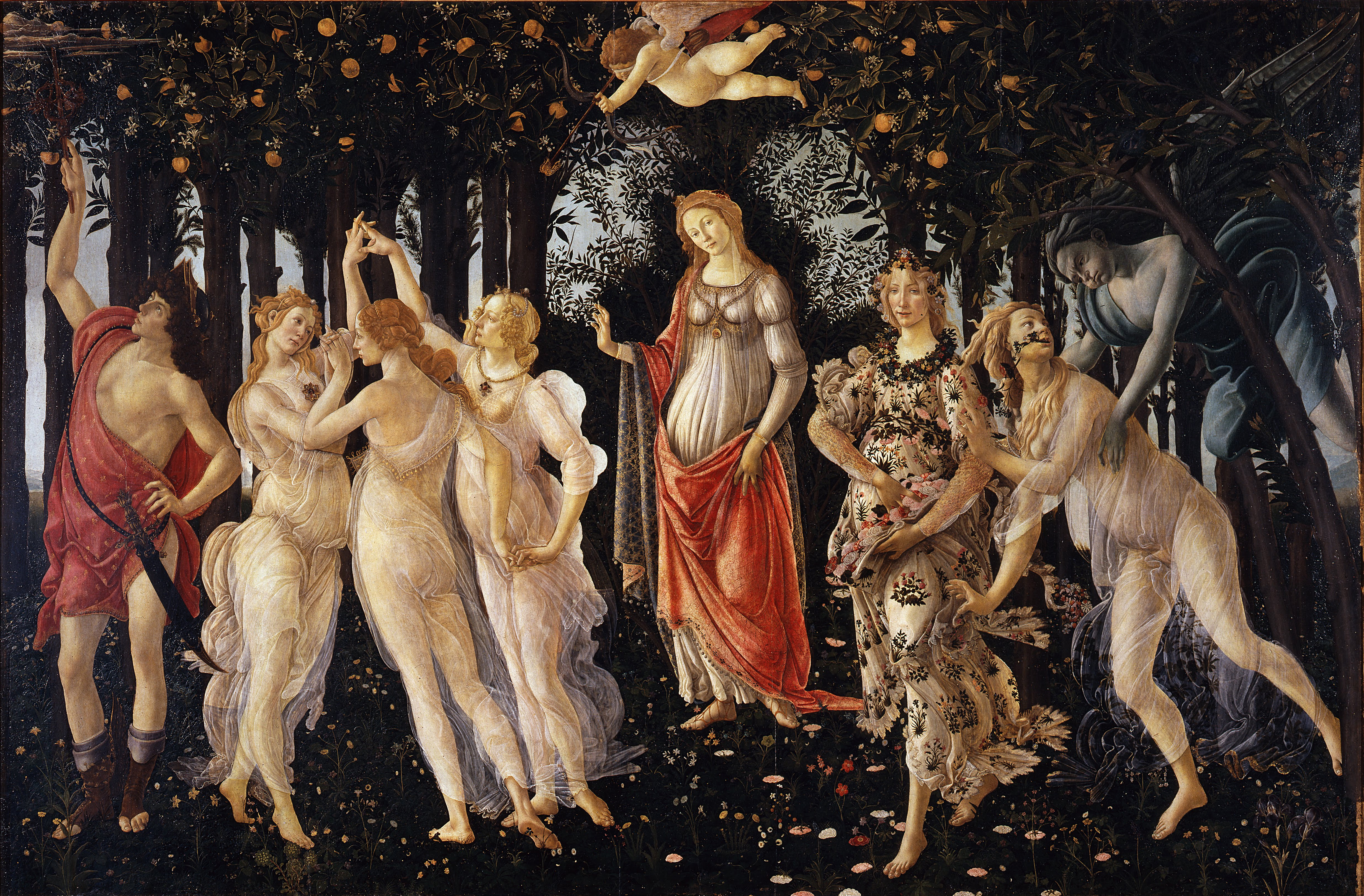
Many can argue forever on whether or not exploration is a good thing. Exploration is responsible for how the world is today and how it will be tomorrow and the next day. Without exploration so many different things would be impossible. The definition of exploration, according to Dictionary.com, is the investigation of unknown regions (Dictionary.com). Although the results of exploration can be catastrophic for some, positive outcomes are more abundant. Explorations result in periods of illumination and new insight which is hardly ever a bad thing. Two different renaissances have occurred in the past because of exploration. Discoveries like the discovery and invention of penicillin have made many break throughs in science and society. Many people are stuck in the state of mind where “ignorance is bliss” knowledge holds power that can make things great. Exploration is a good thing because without it civilization would be very primitive and at a higher risk with the dangers of nature.
Without exploration knowledge would be very limited. Without knowledge life is pretty hard. Before the “renaissance” Europe went through what is called “the 12th century renaissance”. During the Middle Ages the Europeans were in despair and labored a lot, they did not have the means or the philosophy to make things better. They lacked the knowledge of Aristotle and when they discovered his works they went through the renaissance. Exploration put them through this period of enlightenment because Aristotle’s works were located in Constantinople which before was under the power of Muslims who the Europeans stayed away from. When the Europeans ventured into Constantinople they discovered his works and progressed. Aristotle did not just give the Europeans the answers to all their problems but internal exploration was also needed. John of Salisbury understands this when he writes in The Metaligicon, “We frequently know more, not because we have moved ahead by our own natural ability, but because we are supported by the menial strength of others, and possess riches that we have inherited from our forefathers” (Kreis Steven). Exploration results in a deeper understanding of ourselves so we can move forward. The example of the 12th century renaissance is a perfect example of how exploration results in enlightenment and progression.
The actual renaissance is also called the “Re-Birth”. This name is appropriate because European civilization started a new and took what they have learned from the past and applied it to current day. They “explored” their history as well as Roman Antiquity to achieve new beginnings. The “Godfathers” of the renaissance were the Medici family starting with Cossimo Medici who was very interested in exploration of different art. The renaissance was started by a family who was not afraid to try new things and take risks. In a letter to his son Giovanni, Lorenzo Medici seems very confident about the future and all his actions, “although it be impossible to foresee what accidents may happen, yet I doubt not but this may be done with equal advantage to all”(Lorenzo) Without exploration the Renaissance would not have come about. The renaissance was a time of new thinking and vast artistry. The artist Filippo Brunelleschi formed a new type of art called linear perspective and Sandro Botticelli started producing very controversial pagan art in a time where the Church was still very influential. Even the views on the Church were beginning to change when a new type of religious viewpoint called “humanism” started to rise. Humanism is where humans are view as the center point of everything, not just God anymore. Cossimo Medici was very interested in art, which he had a good eye for, he explored art and this exploration discovered great artists like Sandro Botticelli, Michelangelo Buonaratti, and Filippo Brunelleschi. These artists were geniuses when it came to art or architecture. Exploration does not only have to be of the present but of the past which prepares us for the future. These artists learned more about and used Roman Antiquity of the past to go into the Renaissance. Botticelli used the paganism of the Greeks in his art which is obvious in his painting, The Birth of Venus. Where art was mostly about the holy family he took a great risk of doing such a thing. This is exploration because it is going into the unknown and by doing so he led the way to an Art Renaissance. Exploration and risks may be good or bad but most of the time it is good.
Exploration has resulted in cures for illnesses, renaissances, new ideas and philosophies, and new countries. Although in some cases fatal mistakes occur or others are oppressed because of exploration it is mostly for good. Without exploration the world, in social terms, would be at a standstill. Humans would be susceptible to so many natural dangers. Knowledge and survival of the fittest would be very elementary.
Citation
Kreis, Steven. "Lecture 26: The 12th Century Renaissance." The History Guide -- Main. Web. 28 Apr. 2010. . http://www.historyguide.org/ancient/lecture26b.html
Botticelli-primavera. Digital image. Commons Wikimedia. Web. 7 May 2010.
Healy, Tom, Charles Hope, and Evelyn Welch. "BBC - BBC Radio 4 Programmes - In Our Time, Paganism in the Renaissance." BBC - Homepage. BBC. Web. 07 May 2010.
Medici, Lorenzo. "Medieval Sourcebook: Lorenzo De Medici: Paternal Advice To A Cardinal (C. 1491)." FORDHAM.EDU. Web. 07 May 2010. http://www.fordham.edu/halsall/source/lorenzomed1.html
This is pretty good. I would re-edit to make your prose more clear; and pay attention to how each of your sources bolsters your argument. Think of an academic paper like a carefully played game of chess or checkers -- a champion at either of those games never makes a move unless there is a good reason. Same thing goes for writing a thesis and backing it up with an argument.
ReplyDelete